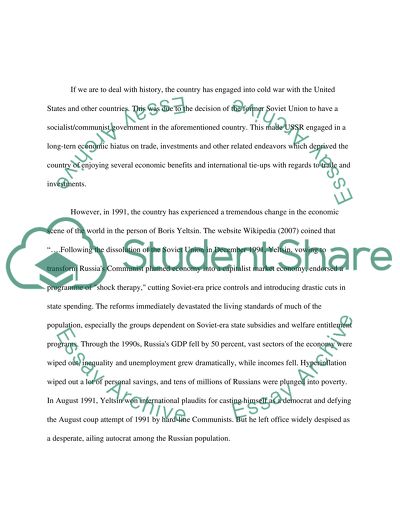Cite this document
(“International strategic management Individual assignment Essay”, n.d.)
International strategic management Individual assignment Essay. Retrieved from https://studentshare.org/politics/1529771-international-strategic-management-individual-assignment
International strategic management Individual assignment Essay. Retrieved from https://studentshare.org/politics/1529771-international-strategic-management-individual-assignment
(International Strategic Management Individual Assignment Essay)
International Strategic Management Individual Assignment Essay. https://studentshare.org/politics/1529771-international-strategic-management-individual-assignment.
International Strategic Management Individual Assignment Essay. https://studentshare.org/politics/1529771-international-strategic-management-individual-assignment.
“International Strategic Management Individual Assignment Essay”, n.d. https://studentshare.org/politics/1529771-international-strategic-management-individual-assignment.


